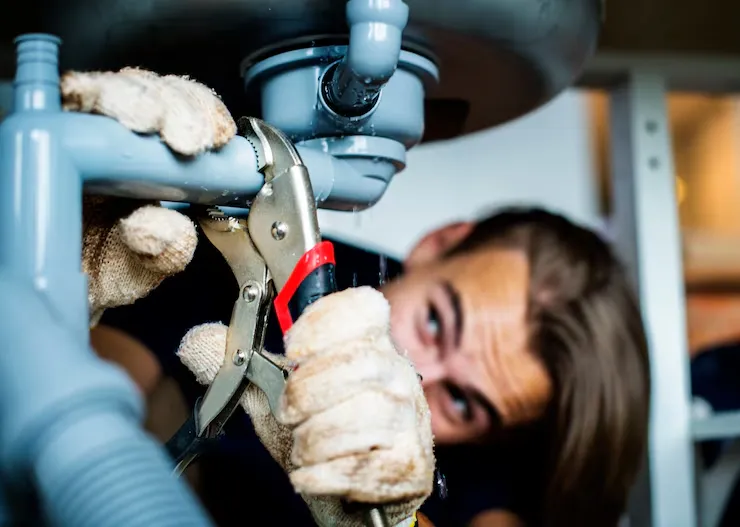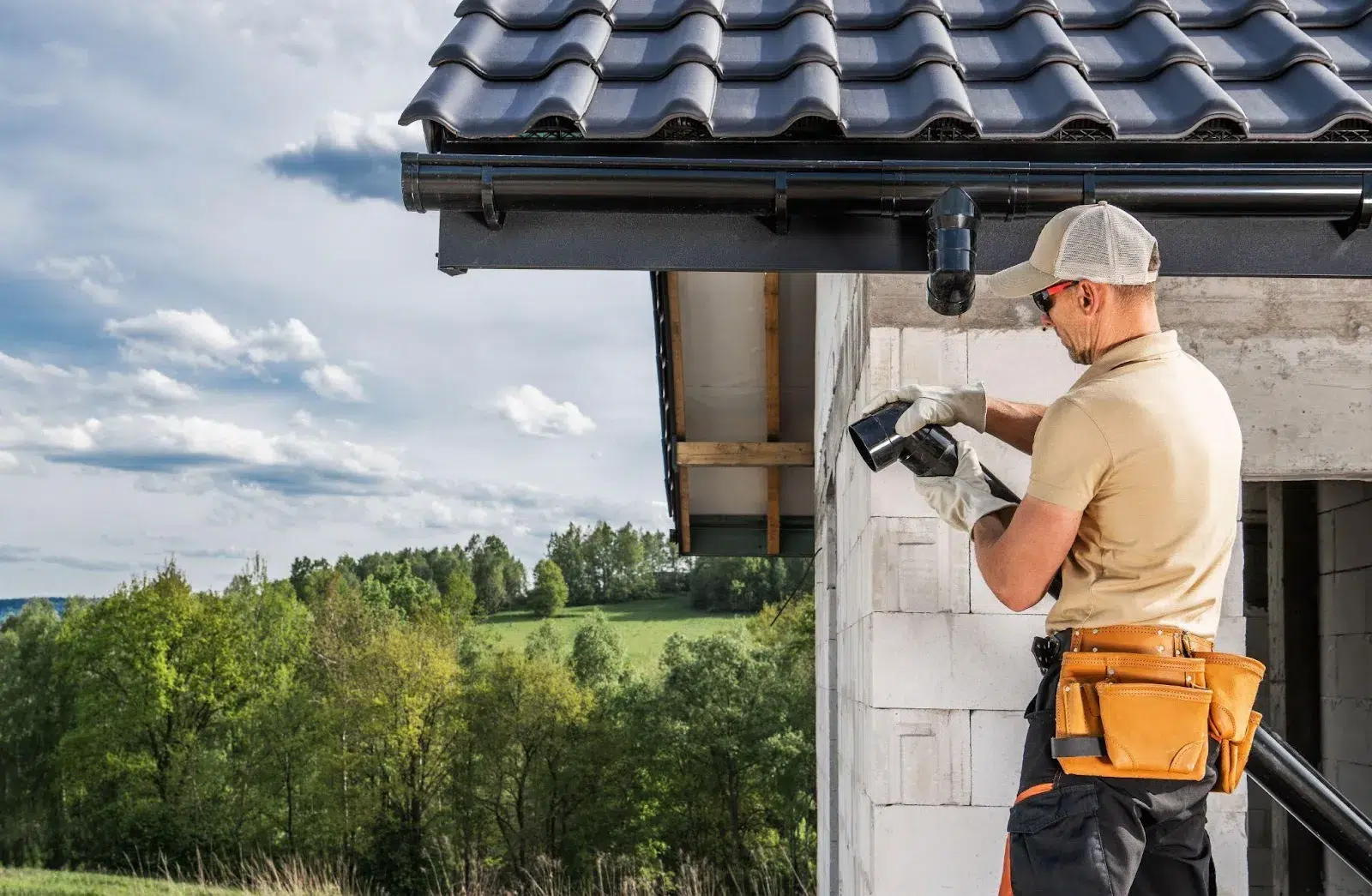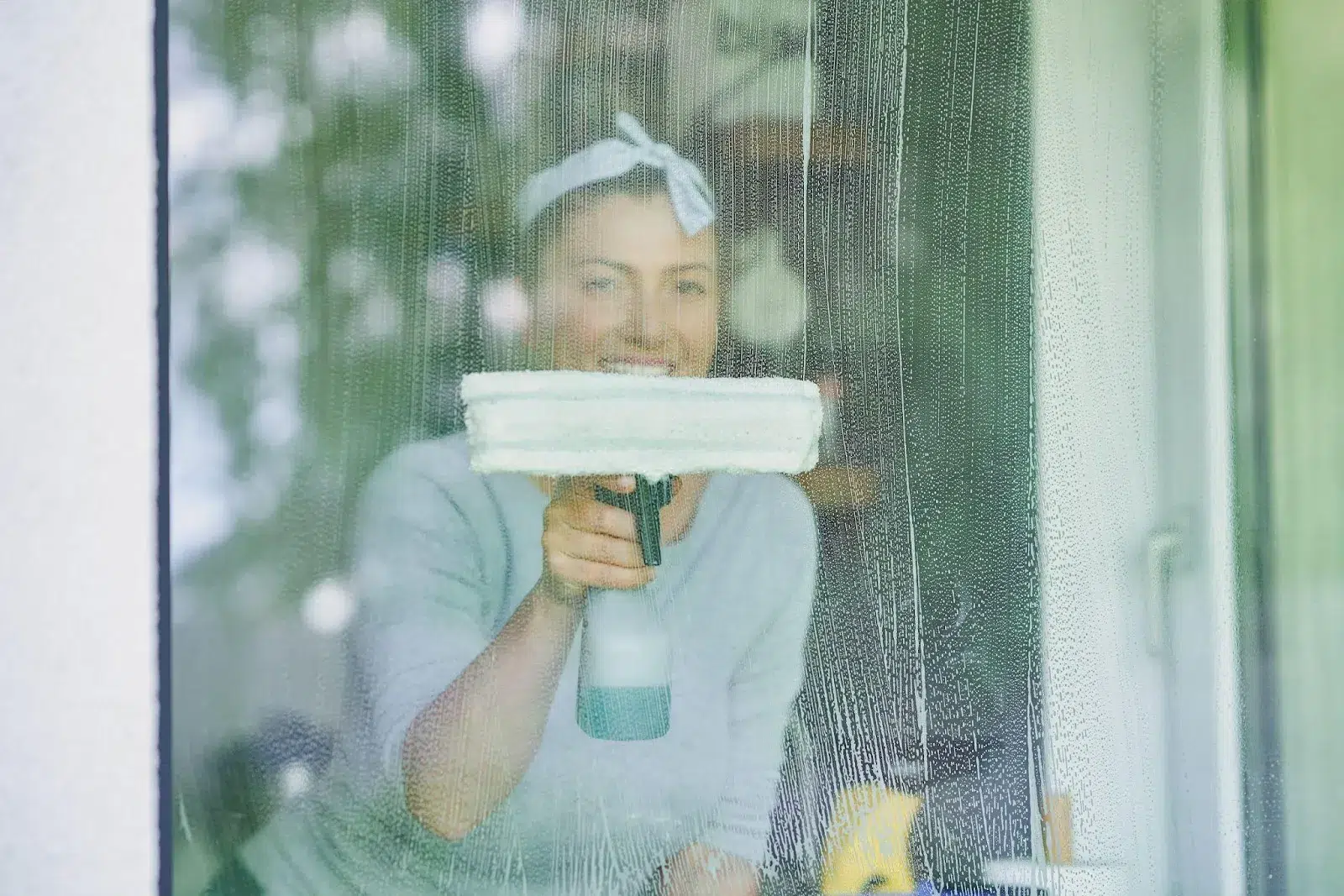“The problem with not asking for help and setting up the right support early is that it can overwhelm them from trying to keep up with all of the chores and repairs”.
Aging at home is what most seniors want, but it can become a major source of anxiety. There’s a lot do around any house, and unfortunately, aging brings unwelcome issues like lack of mobility, poor flexibility, and worsening eyesight.
Over time, houses need maintenance and upkeep, and worrying about what needs to be done and isn’t getting done can be so overwhelming that it impacts health and overall wellbeing. It’s well known that anxiety and stress are happiness zappers, silent enemies that chip away at your confidence, comfort and wellbeing, triggering depression, sleep problems, memory impairment and chronic heart disease.
So you need to ask yourself if your home is helping or hurting you? Sure, you want to stay in the family home but is it the right place to age? Well it sure can be! By putting into place the right in-home supports and retrofits, aging in your beloved home doesn’t have to be stressful and scary, say health experts.
You can age happy and healthy in place, says wellness expert Beverly Beuermann-King. “Canadians are living longer, staying healthier longer and are staying independent and mobile longer. For many the sign of healthy brain aging is being able to live independently in their own home.”
According to AARP research, nearly 90% of people over age 65 want to stay at home for as long as possible. “As we age, tasks that were once done easily and quickly may become more difficult. As long as it doesn’t affect our standard of living, or impede our health and safety, we can continue to live independently, in our own homes, as we age,” says Beuermann-King, of worksmartlivesmart.com.|
But fail to plan and you may plan to fail: By looking for ways that can increase independence – and that means by reaching out and getting support for daily tasks and home upkeep – you’re good to go, she says.
Studies show that the loss of independence is more fearful than dying and living at home allows the retention of independence. Needing assistance is not a sign of weakness – it’s the reality.
“The problem with not asking for help and setting up the right supports early is that it can overwhelm them from trying to keep up with all of the chores and repairs in the home, and/or falls and injuries that could have been prevented through repair, support and adaptations,” says Beuermann-King.
Act now and age in the right place happily ever after. Aging is not something to fear. According to aging expert Dr. Jennifer Baumbusch, “we are inundated with negative stories about aging, and many of us have negative experiences with the health and social care systems with our older relatives. These experiences understandably create a lot of worry and anxiety about becoming a frail, older adult.”
Read also, The Future Of Aging.
The majority of older adults are relatively healthy, says Baumbusch, researcher and professor at UBC School of Nursing. “Most of us only spend a short period of our lives – near the end of life – in advanced frailty and dependence. What is critical is that people approach aging with their eyes wide open. What I mean by this is that proactive planning is the best approach to aging in your own home.”
Aging at home gives you more control over your life and more choices about how you spend your time. If there’s no place like home, get planning now with these tips from the experts:
- Ensure that your home is adapted inside and out so that it is accessible – especially the bathroom.
- Make daily tasks and upkeep easier by hiring a student, asking a neighbour for assistance, setting up a family schedule, or hiring a personal support worker or seniors home management company. These kinds of supports can assist with lawn cutting, groceries, vacuuming, laundry, or meal prep.
- If you’re physically able, trade-off services with a friend or neighbour. Get creative – maybe a neighbour could shovel your snow in exchange for something they need like pet sitting or watching their home when they go away on vacation.
- There are volunteer organizations that can help with providing friendly visitors or drivers to ensure that you can attend community functions.
- Use modern technology to assist with reminders and even food delivery. Alexa can be set up to verbally remind you to take your medication. Meals on Wheels and other on-line apps can be used to arrange for daily/weekly food delivery.
- If you live in a larger home, consider a cooperative living situation where your tenants can support you as you age. Have a tenant who pays reduced rent in exchange for household maintenance.




